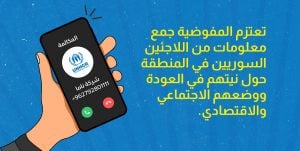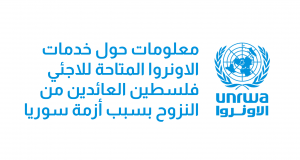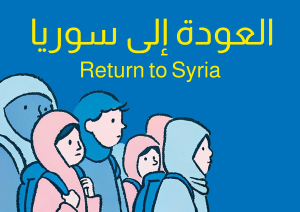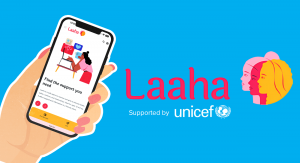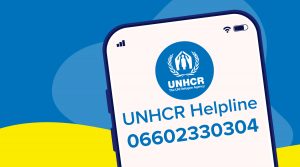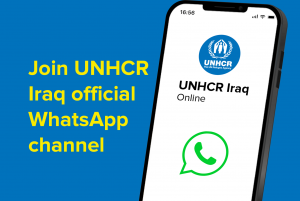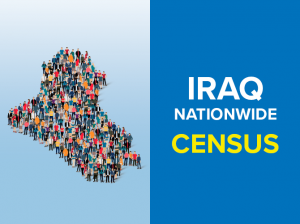Important notice: Cash Assistance Update
December 10, 2025
The UNHCR Cash Assistance Programme for the most vulnerable refugees will come to an end on 31 December 2025 due to current funding constraints, and no additional resources are available at this time..... →


